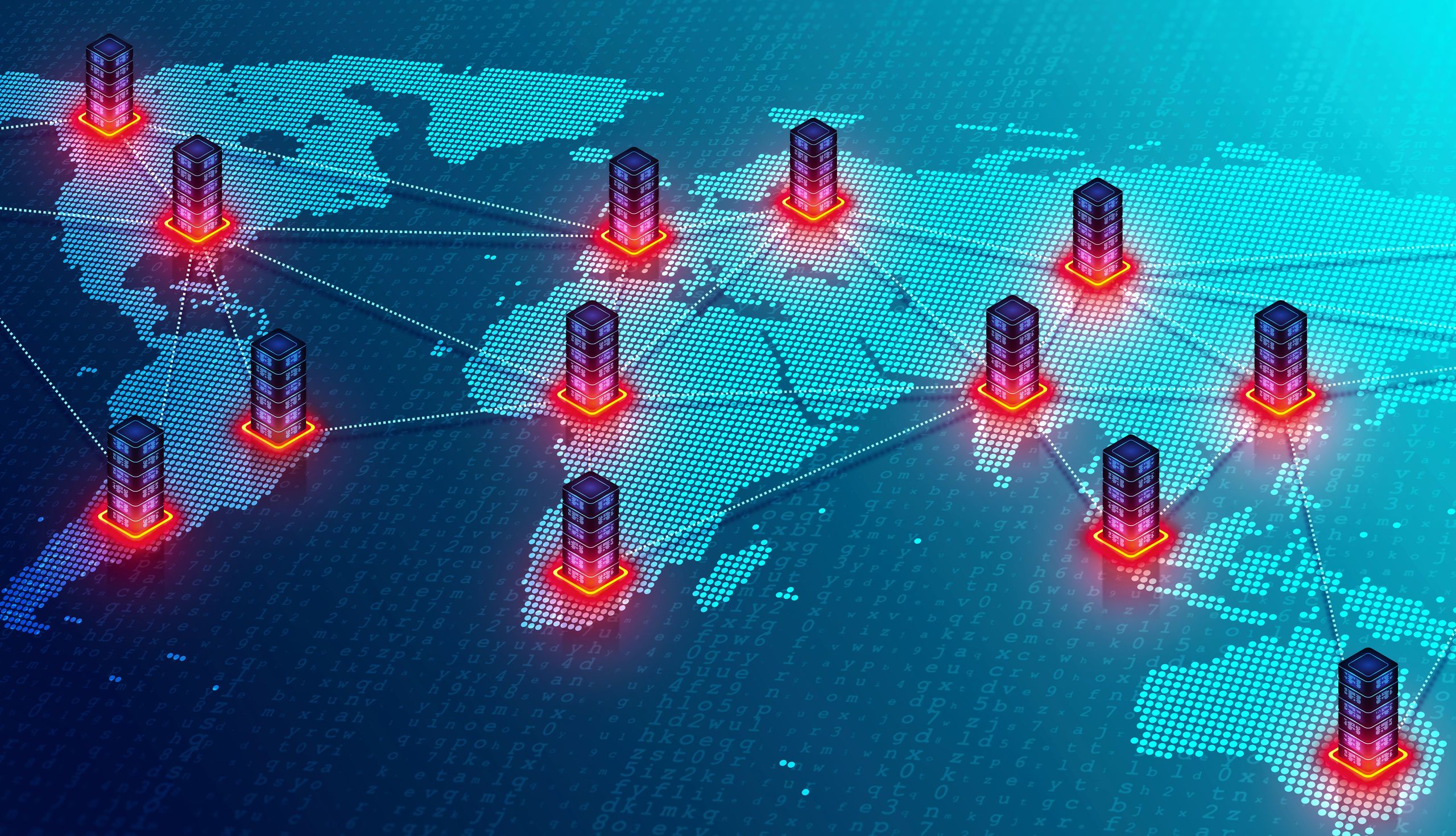**
Google Takes Down One of the Largest Residential Proxy Networks, Disrupting Hundreds of Cybercrime Groups
**In a major blow to the world of cybercrime, Google's Threat Intelligence Group (GTIG) has announced that it has successfully disrupted one of the largest residential proxy networks, IPIDEA. This network is believed to have compromised millions of devices, including Android, Windows, and other operating systems, without the knowledge or consent of their owners.
According to GTIG, IPIDEA relied on software development kits (SDKs) that were advertised to software developers as a way to monetize their apps. However, these SDKs actually assimilated devices into the proxy network, allowing cybercriminals to use them for malicious activities such as espionage, credential attacks, botnet control, and access to compromised cloud and enterprise environments.
GTIG linked IPIDEA to multiple well-known proxy and VPN brands, including ABC Proxy, Galleon VPN, PIA S5 Proxy, Radish VPN, and Tab Proxy. The researchers also revealed that over 550 known and tracked threat actor groups used IPIDEA in a single week, with links to countries such as China, Russia, Iran, and North Korea.
To disrupt IPIDEA's operations, Google took several steps, including seizing domains used for command-and-control and marketing, sharing technical intelligence with industry partners and law enforcement, and updating Google Play Protect to automatically remove apps containing IPIDEA SDKs. As a result of these actions, the available proxy device pool was reduced by millions, significantly degrading the network's ability to operate.
While this is a significant victory in the fight against cybercrime, GTIG warns that the residential proxy market remains a fast-growing "gray market" that continues to enable large-scale cybercrime. The researchers believe that their actions may have downstream impact across affiliated entities, further emphasizing the importance of continued vigilance and cooperation between technology companies, law enforcement, and industry partners.
Google's efforts to disrupt IPIDEA are just one example of the company's ongoing commitment to protecting users from cyber threats. As a leading provider of online services, Google continues to play a critical role in shaping the digital landscape and promoting security and trust among its users.
**
The Full Impact of IPIDEA's Takedown
**IPIDEA's proxy network was used by hundreds of cybercrime groups, including those linked to countries with questionable human rights records. The network's activities included:
- Espionage**: IPIDEA's proxies were used for espionage, allowing attackers to steal sensitive information from compromised devices.
- Credential attacks**: Attackers used IPIDEA's proxies to launch credential attacks, compromising user accounts and passwords.
- Botnet control**: IPIDEA's proxies were used to control botnets, allowing attackers to launch large-scale DDoS attacks and other malicious activities.
- Access to compromised cloud and enterprise environments**: Attackers used IPIDEA's proxies to gain access to compromised cloud and enterprise environments, further compromising sensitive information and systems.
**
The Future of Cybersecurity: Collaboration and Innovation
**The takedown of IPIDEA highlights the importance of collaboration between technology companies, law enforcement, and industry partners in the fight against cybercrime. As cybersecurity threats continue to evolve, it is essential that we work together to develop innovative solutions and strategies for protecting users and preventing malicious activities.
In this spirit, Google's efforts to disrupt IPIDEA serve as a model for future collaboration and innovation. By sharing intelligence, resources, and expertise, we can build a more secure digital landscape and protect users from the evolving threats of cybercrime.
